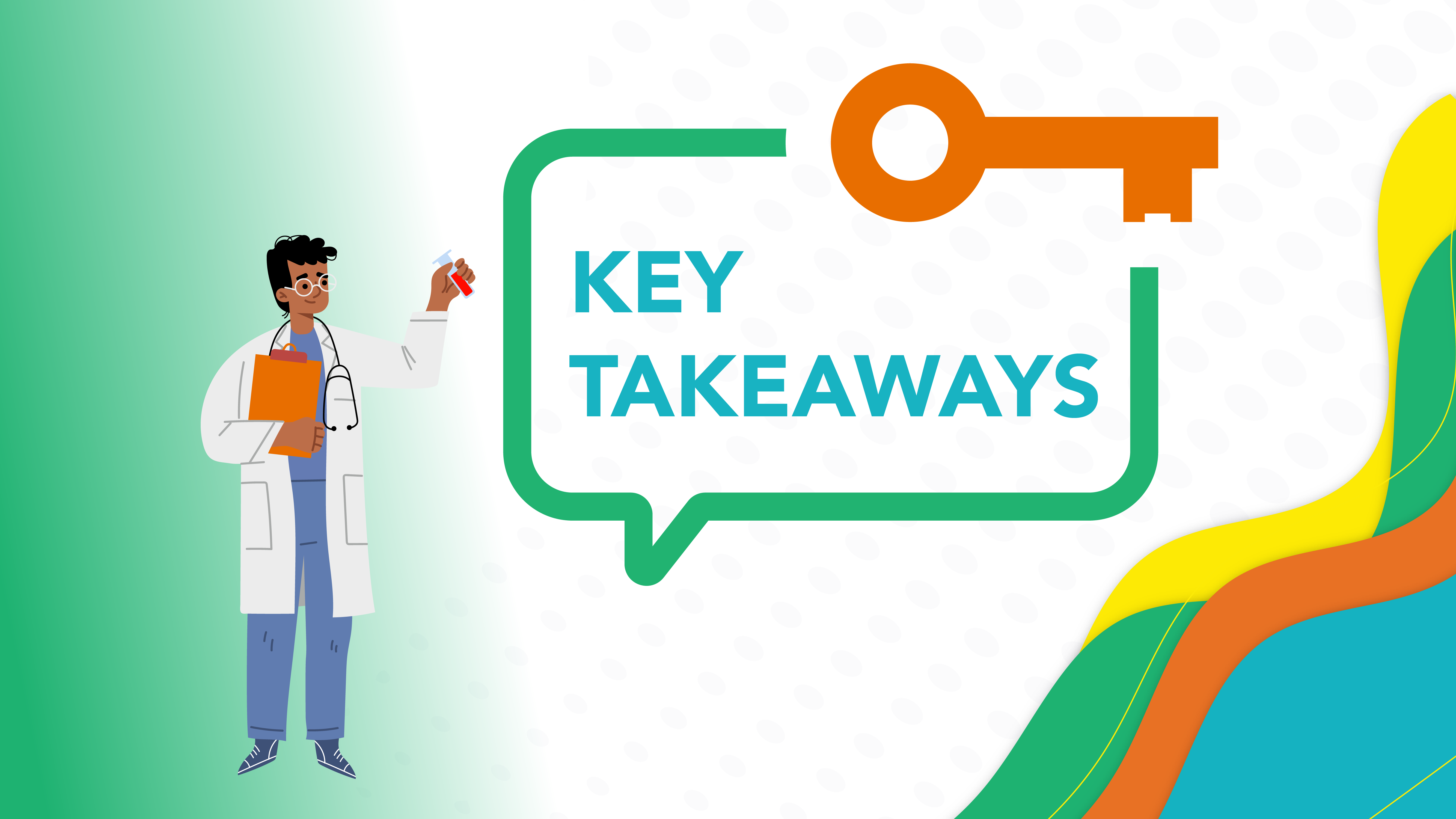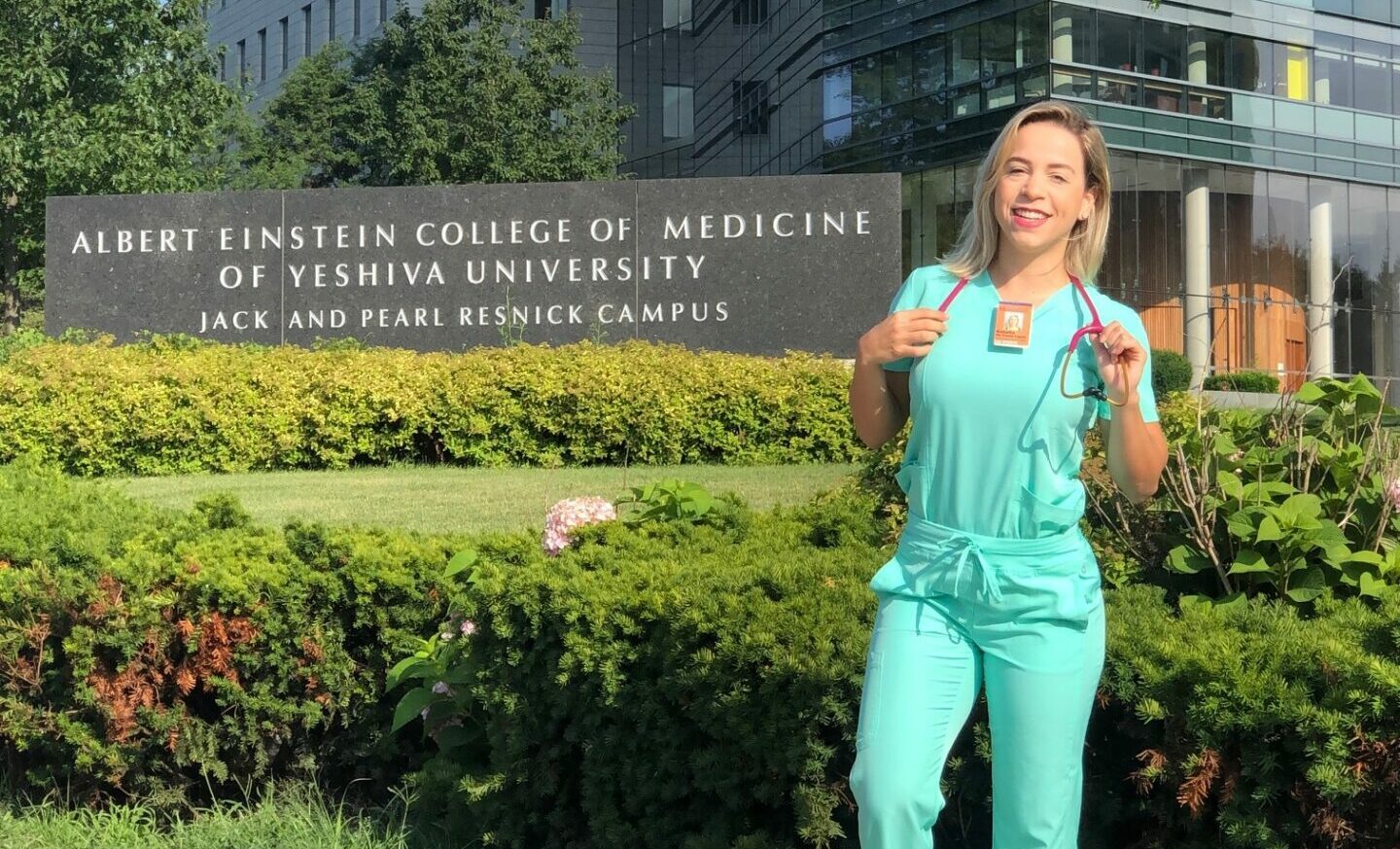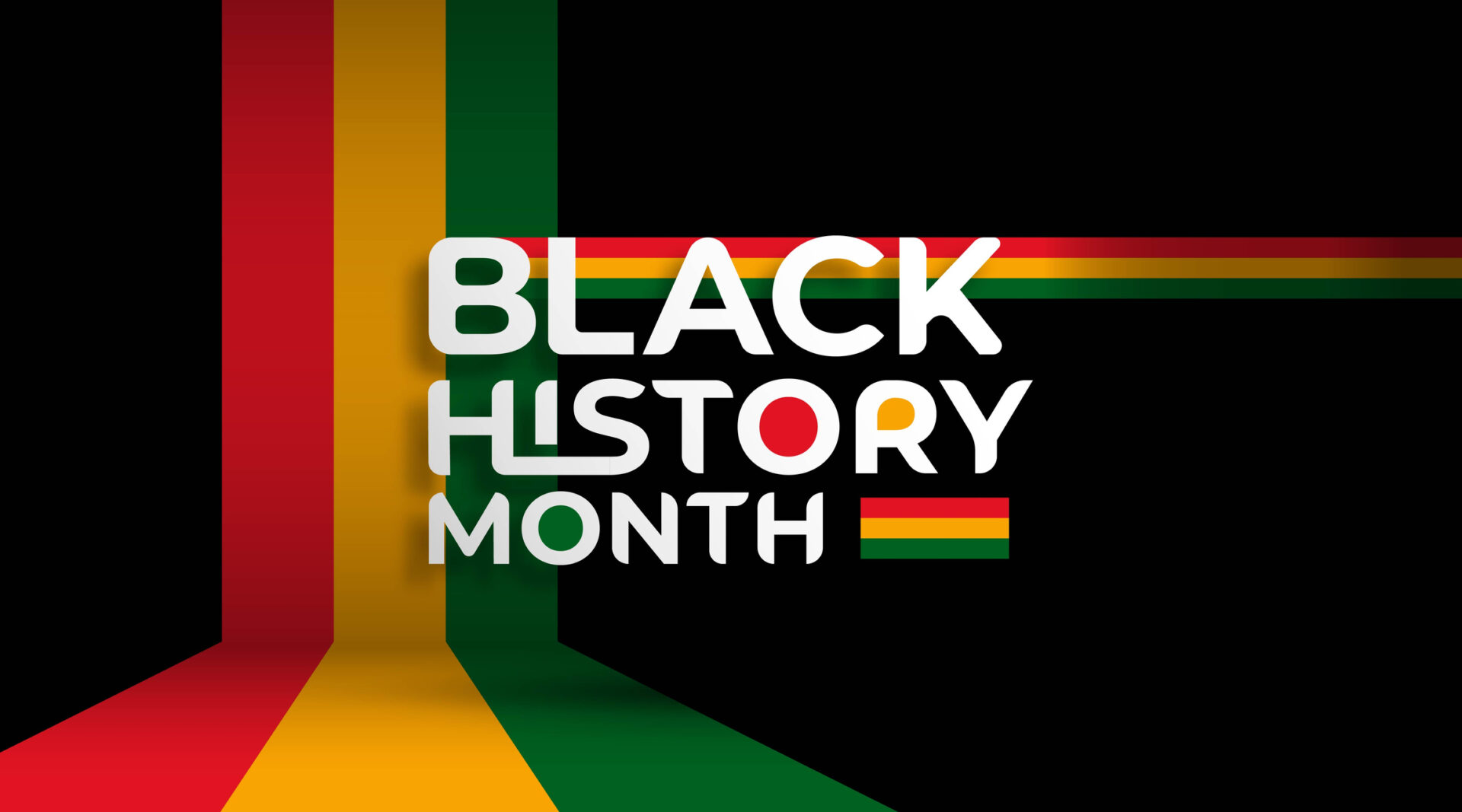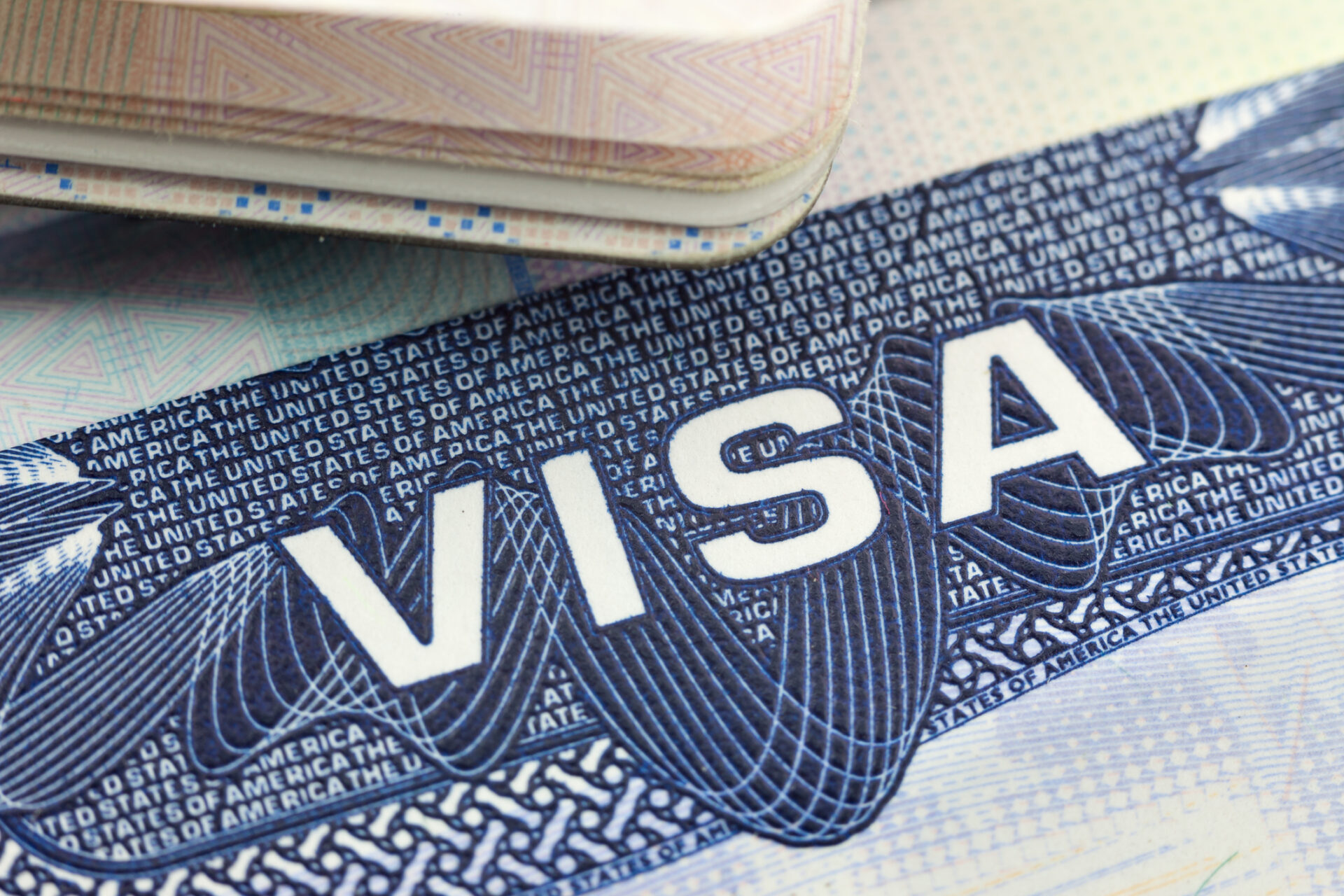If you missed the World Medical Studies Conference, or you just couldn’t make every session, don’t worry! We’ve got the wrap-up for you.
Below we dive into our five biggest takeaways from the World Medical Studies Conference.
1) Robotics are elevating surgery (but there is a learning curve)
The World Medical Studies Conference opened with a unique presentation from Dr. Andrea Pakula. Dr. Pakula discussed her work introducing robotics to her surgical procedures.
According to Dr. Pakula, her own experience with robotics has not only improved her patient outcomes, but it has also allowed her to perform surgeries more quickly. However, she did warn that it may take 40, 50, or even up to 60 procedures to truly see results in efficiency.
While robotics are still relatively new to the practice of medicine and mostly studied in the U.S., Dr. Pakula mentions that the knowledge of robotics can easily spread globally. Her advice, in response to an attendee question, is to study, rotate, and/or attend conferences on the topic. Then, take what you learn back to your own education, practice or research.
And perhaps there’s no better place to learn about robotics than in a clinical rotation led by Dr. Pakula herself.
2) Telehealth is taking over
AMO Advisors, Clair, Ryan, and Anthony took some time to discuss the value of U.S. clinical experience. One stand-out comment from their presentation is the idea that telehealth is taking over. And they weren’t kidding. As telehealth rises in popularity among providers and patients, it’s no surprise that nearly 70% of health care organizations plan to continue offering telehealth services.
Other presenters also covered the topic of telehealth from the medical education side. Dr. Samuel Lin focused his session on the notion that virtual rotations are here to stay. Not only do they help solve new challenges facing medical education, but they help prepare trainees for various parts of the Match process, such as interviews, that are now being conducted virtually.
Do you need to add telehealth experience to your CV? Email an AMO Advisor to learn more
3) Tests are your chance to prove yourself
Tests may seem stressful and cold. However, multiple presentations at WMSC2022 discussed how these tests are your chance to show you can excel in the U.S. healthcare system.
Judy Hook of E2 Test Prep broke down strategies for the Occupational English Test–the required English language test for future doctors and nurses. While the exam is to show English proficiency, Judy discusses how the OET exam specifically focuses on medical terminology. A strong OET score doesn’t just show your English proficiency. It is your chance to showcase your familiarity with medical English.
Likewise, Tamar Frolichstein-Appel of Upwardly Global discussed how the USMLE tests are also your chance to showcase that you’re prepared to work in the U.S. healthcare system.
4) When it comes to interviews, practice but also know yourself
Following her discussion of USMLE prep, Tamar also discussed preparing for residency interviews. Her advice for succeeding in residency interviews is to practice commonly asked questions. This will help you approach your answers confidently, concretely, and keep you from getting tripped up.
However, the biggest takeaway from Tamar’s presentation is her advice to know yourself during residency interviews. Don’t just take a program because they are interested in you but know what you need out of a program. Tamar asks, if you are from a warm-climate country, are you prepared for or interested in a program with harsh winters?
5) Be wary of generalizations
Dr. Miro Peev offered inspiration to IMGs facing barriers entering the U.S. medical system. The strongest piece of advice Dr. Peev offered is that the path to landing in a U.S. residency program will very rarely be a straight line. Dr. Peev even used his own career as an example, which took him from Bulgaria, to Germany, and finally to the United States.
Among the many barriers that students might face, according to Dr. Peev, is generalizations made about countries. Whether about the U.S. or another foreign country students may want to practice in, Dr. Peev warned against believing in these generalizations because, well, they’re often not true or exaggerated.
What generalizations are made about your country? Are they true? Probably not! According to Dr. Peev, the same goes for generalizations about other countries.
Click here to catch up on all the action from the World Medical Studies Conference (link available until September 15)






